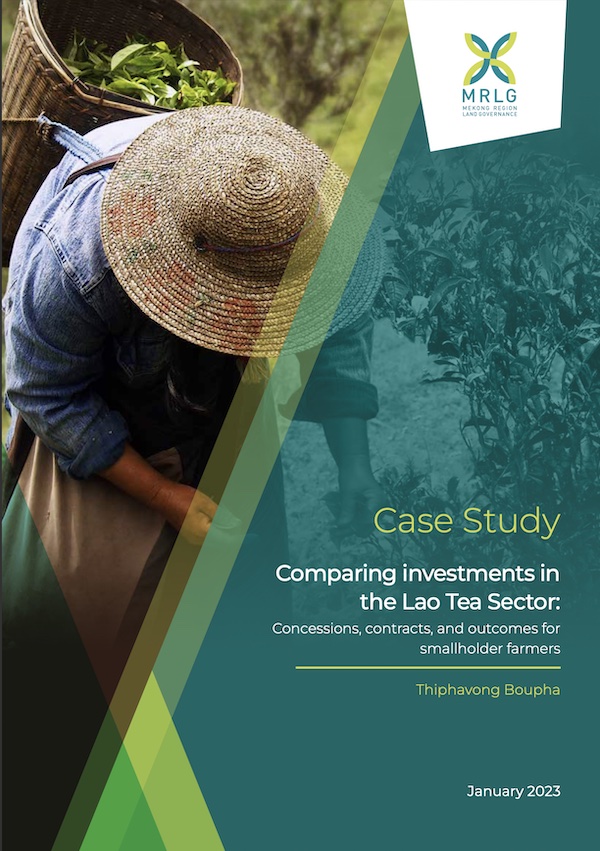Comparing investments in the Lao Tea Sector: Concessions, contracts, and outcomes for smallholder farmers
Most tea in Laos is produced by smallholder farmers, who benefit from highly suitable growing conditions and strong demand for sought-after varieties from the vast Chinese market. However, the sector faces many challenges to achieve its full potential.












